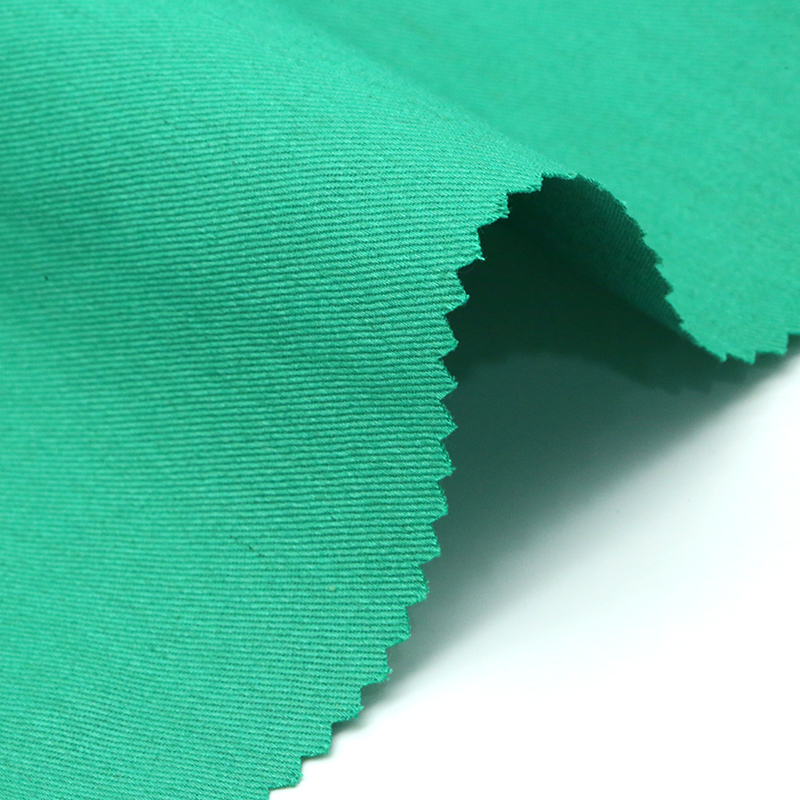Habarlar
-
 Are you searching for a fabric that embodies the perfect blend of comfort, durability, and affordability?Koprak oka
Are you searching for a fabric that embodies the perfect blend of comfort, durability, and affordability?Koprak oka -
 When it comes to textile choices, grey cloth stands out for its versatility and elegant appeal.Koprak oka
When it comes to textile choices, grey cloth stands out for its versatility and elegant appeal.Koprak oka -
 When it comes to choosing the perfect shirt, the fabric is paramount.Koprak oka
When it comes to choosing the perfect shirt, the fabric is paramount.Koprak oka -
 When it comes to choosing the right fabric for your sewing projects, 100 cotton fabric is a top pick for its versatility, comfort, and durability.Koprak oka
When it comes to choosing the right fabric for your sewing projects, 100 cotton fabric is a top pick for its versatility, comfort, and durability.Koprak oka -
 In the intricate world of fashion and textile design, every detail matters. From the intricate patterns on the exterior to the subtle nuances of the lining, every fabric choice contributes to the overall aesthetic and functionality of a garment.Koprak oka
In the intricate world of fashion and textile design, every detail matters. From the intricate patterns on the exterior to the subtle nuances of the lining, every fabric choice contributes to the overall aesthetic and functionality of a garment.Koprak oka -
 In the intricate world of fashion design and garment construction, pocketing fabric plays a pivotal role in not only enhancing the functionality of clothing but also accentuating their aesthetic appeal.Koprak oka
In the intricate world of fashion design and garment construction, pocketing fabric plays a pivotal role in not only enhancing the functionality of clothing but also accentuating their aesthetic appeal.Koprak oka -
 In the world of fabrics, where each fiber weaves a tale of comfort, durability, and style, FLANNEL 120GSM 150CM CVC T/C POLYCOTTON PRINTED FLANNEL FABRIC stands out as a versatile and elegant choice that encapsulates the essence of cozy living.Koprak oka
In the world of fabrics, where each fiber weaves a tale of comfort, durability, and style, FLANNEL 120GSM 150CM CVC T/C POLYCOTTON PRINTED FLANNEL FABRIC stands out as a versatile and elegant choice that encapsulates the essence of cozy living.Koprak oka -
 In the ever-evolving landscape of healthcare, every detail matters. From state-of-the-art medical equipment to the finest hospital uniforms, every aspect contributes to creating a safe, efficient, and comfortable environment for patients and healthcare professionals alike.Koprak oka
In the ever-evolving landscape of healthcare, every detail matters. From state-of-the-art medical equipment to the finest hospital uniforms, every aspect contributes to creating a safe, efficient, and comfortable environment for patients and healthcare professionals alike.Koprak oka -
 In the vast world of textiles, where each fiber and weave tells a unique story, the CVC 5545 6040 45X45 110X76133X72 Grey Fabric stands out as a versatile and stylish addition to any creative endeavor.Koprak oka
In the vast world of textiles, where each fiber and weave tells a unique story, the CVC 5545 6040 45X45 110X76133X72 Grey Fabric stands out as a versatile and stylish addition to any creative endeavor.Koprak oka -
 In the vast expanse of global fashion and textiles, few fabrics capture the essence of cultural heritage and artistic expression quite like Africa Fabrics Wax 100% Cotton African Print.Koprak oka
In the vast expanse of global fashion and textiles, few fabrics capture the essence of cultural heritage and artistic expression quite like Africa Fabrics Wax 100% Cotton African Print.Koprak oka -
When it comes to choosing fabrics for tailoring and fashion, cotton fabric grey stands out as a classic and versatile option.Koprak oka
-
Nurse uniforms play a crucial role in the daily lives of healthcare professionals, directly impacting their comfort and performance during long shifts.Koprak oka











